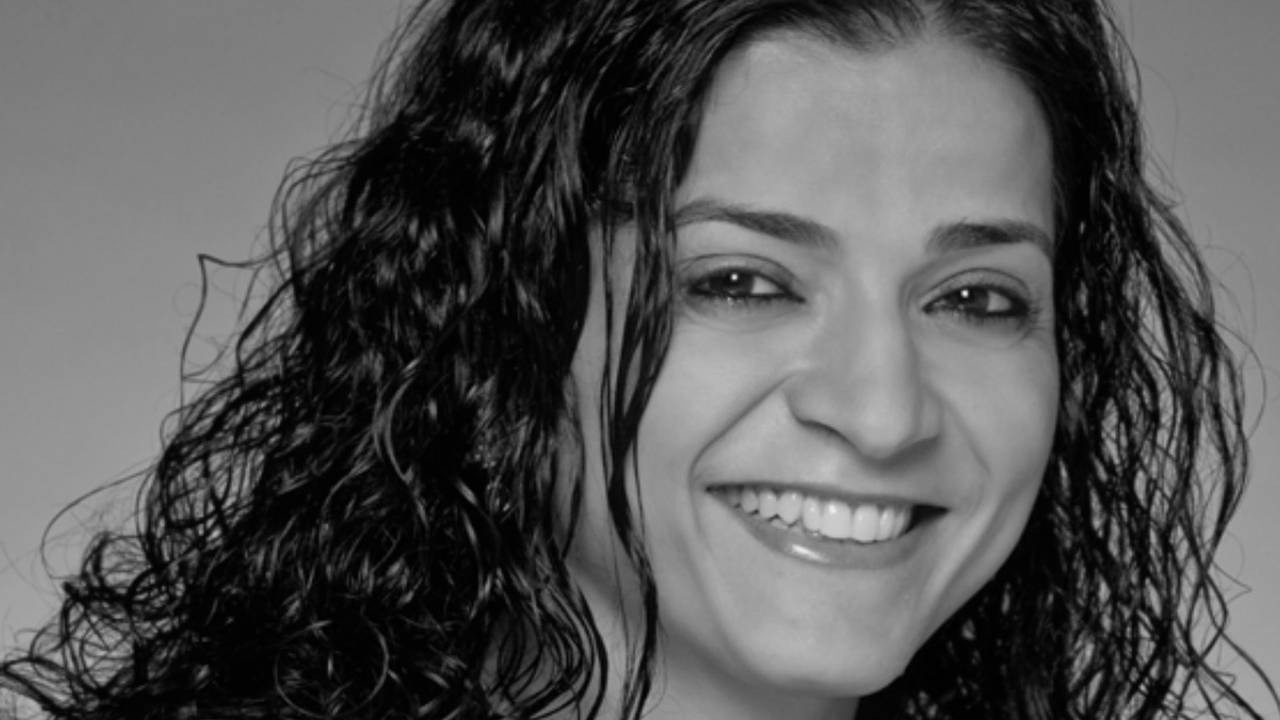
Have you heard of Aurora Borealis? by Lalita Raman
The Northern Lights, or the aurora borealis, are beautiful dancing waves of light that have captivated people for millennia. Aurora Borealis, occur when charged particles (electrons and protons) collide with gases in Earth's upper atmosphere.
Those collisions produce tiny flashes that fill the sky with colourful light. As billions of flashes occur in sequence, the auroras appear to move or "“dance”" in the sky.
It is estimated that we make approximately 35,000 conscious decisions each day. Some of these decisions such as those about mergers, change processes or even hiring can be nerve wracking. Crucial decisions put an additional stress on leaders as to whether they’ve covered every angle and option. And the complexity is further exacerbated by bias, This includes exploring feelings or biases about a problem, possible obstacles to decision making. If something doesn’t feel quite right, or the problem seems intractable, there is usually an answer to overcome it, but that answer commonly exists outside of our awareness.
Associative processes are outside of the more logical, systematic thinking that one typically employs to solve problems. They might cause us to have a “bad feeling” about something or sometimes to “fall in love” with a deal even though the logic may be shaky.
How can leaders create Aurora Borealis moments in the way they are and in the way they lead?
Lalita Raman works with leaders when they step into a new role, are asked to lead a critical project /organization, address competency gaps, engage a new team, face new challenges, or just proactively invest in their own development.
Through her own journey of transitions, and leveraging her 2019 EMC INSEAD thesis, on Career Transitions, she has developed a constructive approach to helping leaders discover qualities and capabilities they do not consciously recognize. She is a qualified coach with ICF (PCC) and has a wide array of specializations in C-IQ, ontological coaching, coaching based on neuroscience and appreciative inquiry for positive change.

